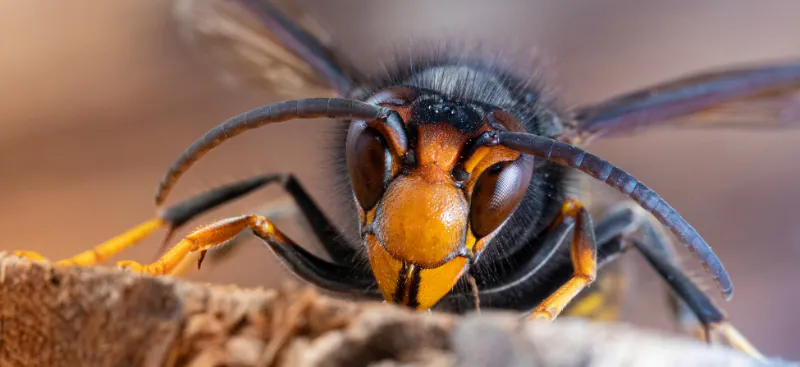The Buzzing Threat: Alarming Increase in Asian Hornet Sightings Raises Concerns for UK Bees
The gentle hum of bees in our gardens is a reassuring sign of a thriving ecosystem. Bees are not just industrious workers; they are essential pollinators that play a crucial role in our food production. However, the peaceful coexistence between bees and humans in the United Kingdom could be under threat. In recent months, the rise in Asian hornet sightings has cast a shadow of concern over our buzzing friends and the delicate balance of our ecosystem.
The Invasion of the Asian Hornets
The Asian hornet, scientifically known as Vespa velutina nigrithorax, is a formidable predator originally hailing from Southeast Asia. Its menacing reputation stems from its appetite for honeybees, spelling trouble for the already dwindling bee populations. In 2023, there have been 22 confirmed sightings of the Asian hornet, surpassing the total count of the past six years combined. To put this into perspective, the previous year saw only two confirmed Asian hornet sightings, while there were two in 2021 and just one in 2020.

Climate Change and Invasion
The surge in Asian hornet sightings can be largely attributed to the changing climate. Warmer temperatures and milder winters have created a more welcoming environment for these invasive insects. They have adapted well to their new surroundings, and it has become apparent that they are thriving.
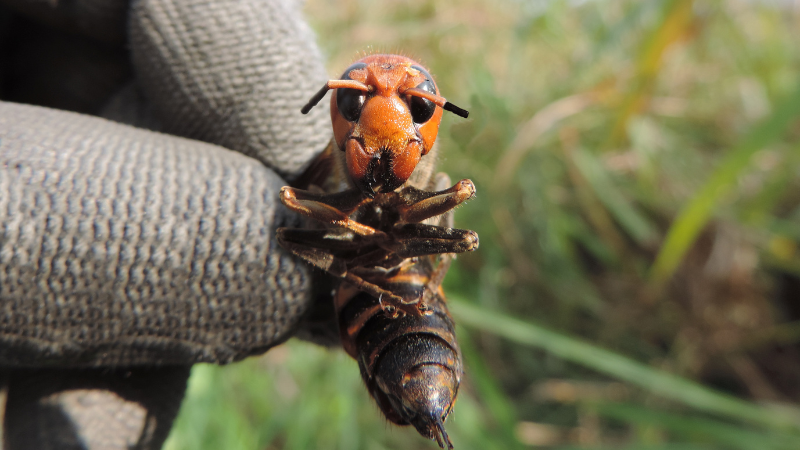
The Threat to British Bees
Entomologists and bee experts are deeply concerned about the potential consequences of this surge in Asian hornet populations. These hornets are known for their efficient decimation of beehives. They infiltrate hives, killing worker bees with remarkable precision. This ruthless predation often leads to the complete destruction of entire bee colonies. With bees already facing threats like habitat loss, pesticide exposure, and diseases, the rise of Asian hornets further exacerbates their predicament.
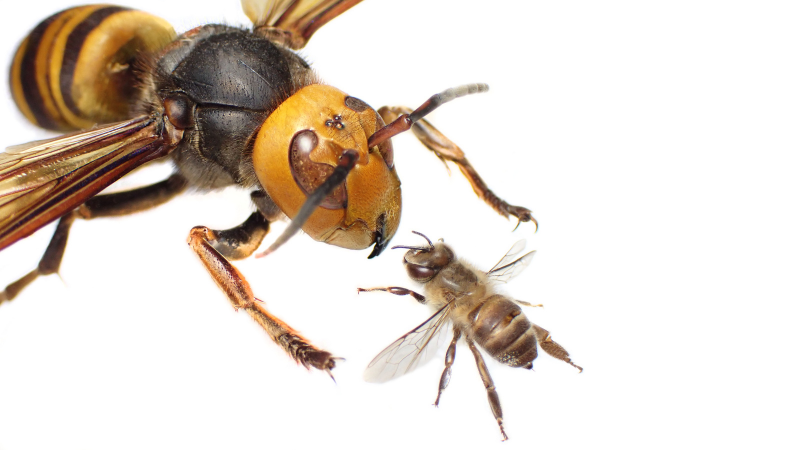
Identifying an Asian hornet
The Asian hornet exhibits the following distinctive characteristics:
- Prominent yellow "socks," which have earned it the nickname "yellow-legged hornet" in Asia.
- Slightly smaller than our native European hornet but larger than a typical wasp.
- Darker in colour compared to the European hornet and various wasp species, yet sporting a noticeable orange face and an orange-yellow band towards the posterior of its abdomen.
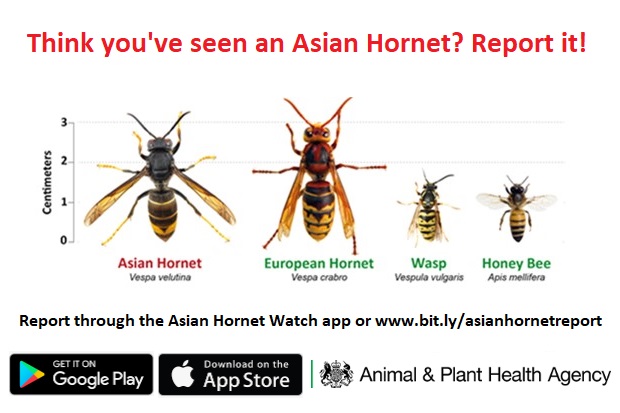
What can we do to help?
Report any sightings
The UK authorities have established robust protocols to address reports of Asian hornet sightings. Nevertheless, these protocols can only be set in motion once reports of Asian hornets are officially conveyed to them. We ask everyone to be vigilant for Asian hornets and to report any suspected sightings here.
Help your local bees
Bees need all the support they can get! Planting flowers to support them and other pollinators is a wonderful and impactful way to contribute to our local ecosystems and help up a dwindling populations chances. By planting flowers, you're creating a haven for our precious pollinators. Your garden can become a safe space for these essential creatures.
Installing a bug hotel in the garden is another fantastic way to support bees and other beneficial insects, as it provide them with a safe and suitable habitat. Bug hotels offer a range of nesting options, including small tubes or holes, where bees can lay their eggs and raise their young. By providing nesting sites, bug hotels support the reproduction of these valuable pollinators.
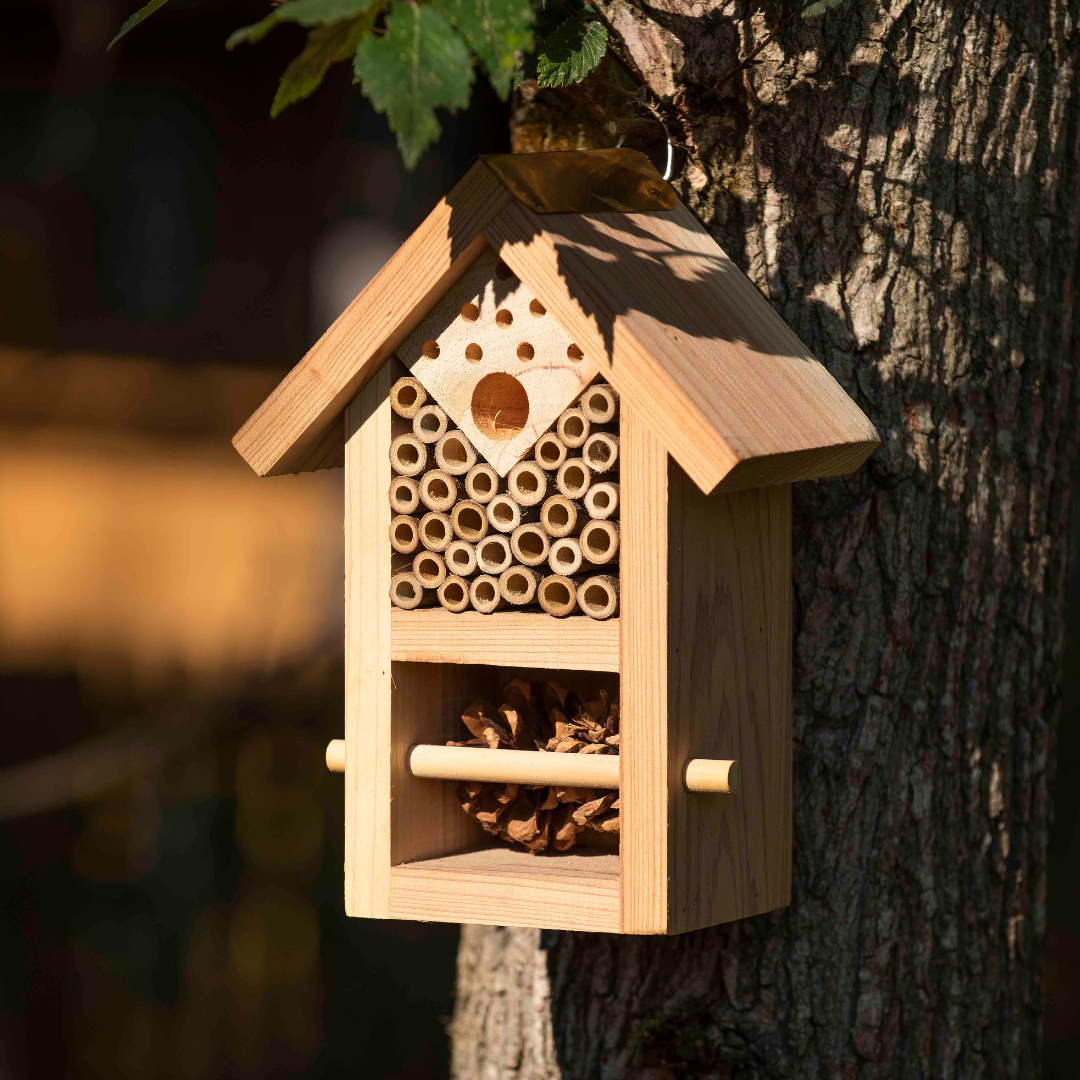
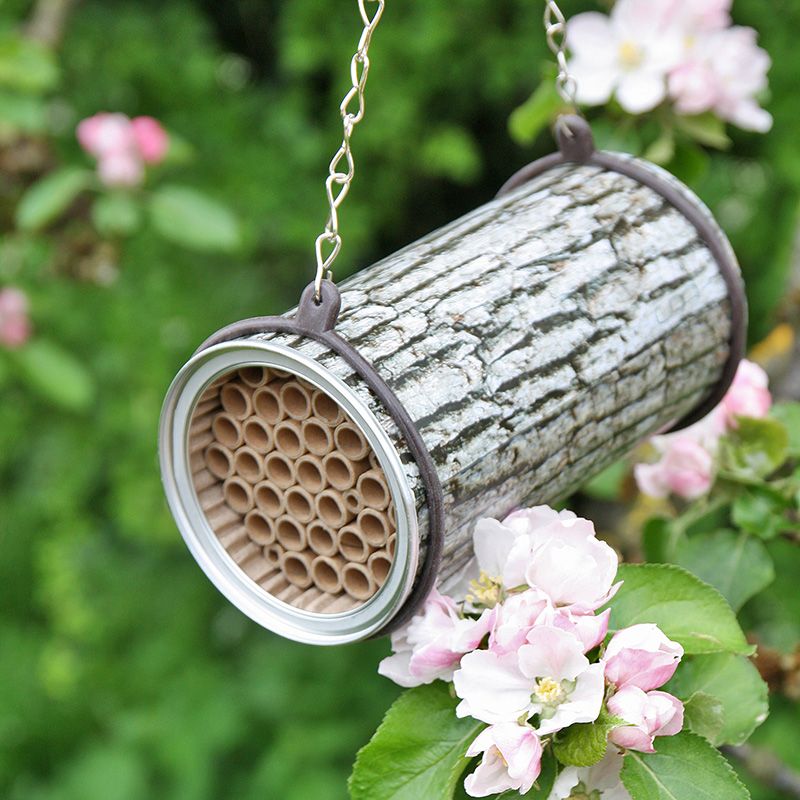
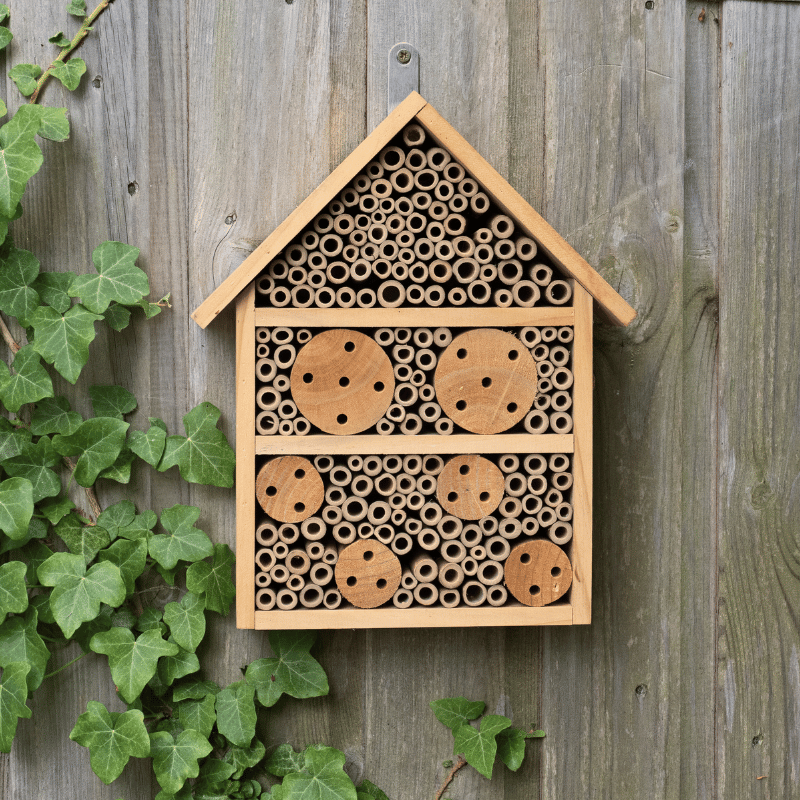
As the battle against the Asian hornet intensifies, scientists and conservationists remain unwavering in their commitment to preserving the invaluable role that bees play in our world. It's a race against time to mitigate the risks posed by these invasive predators and to safeguard our buzzing friends. By collectively taking action and spreading awareness, we can contribute to the protection of UK bees and ensure the continued harmony between these industrious pollinators and our environment.

